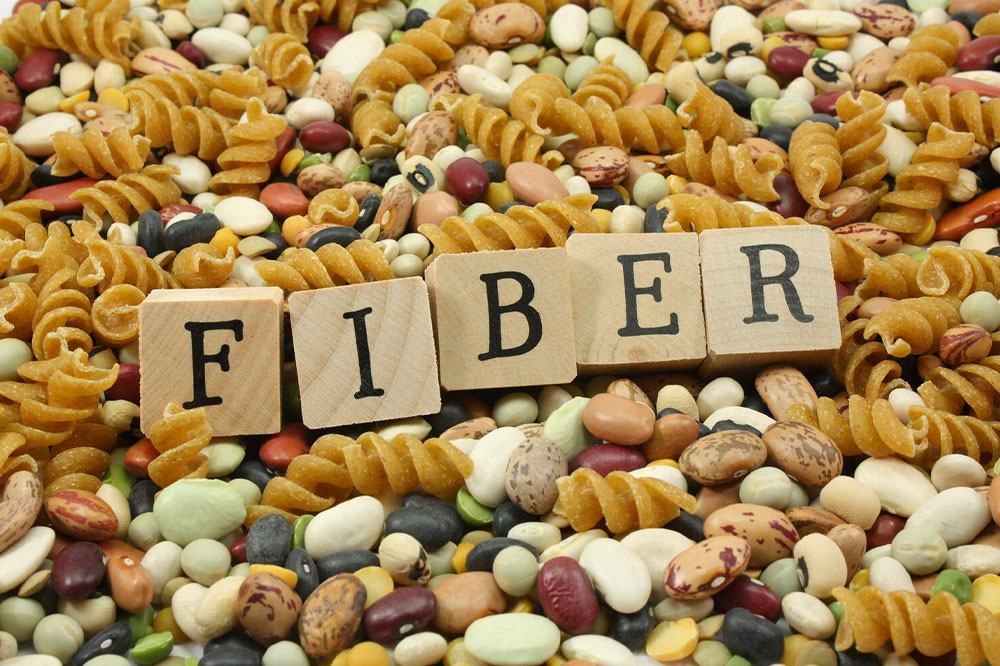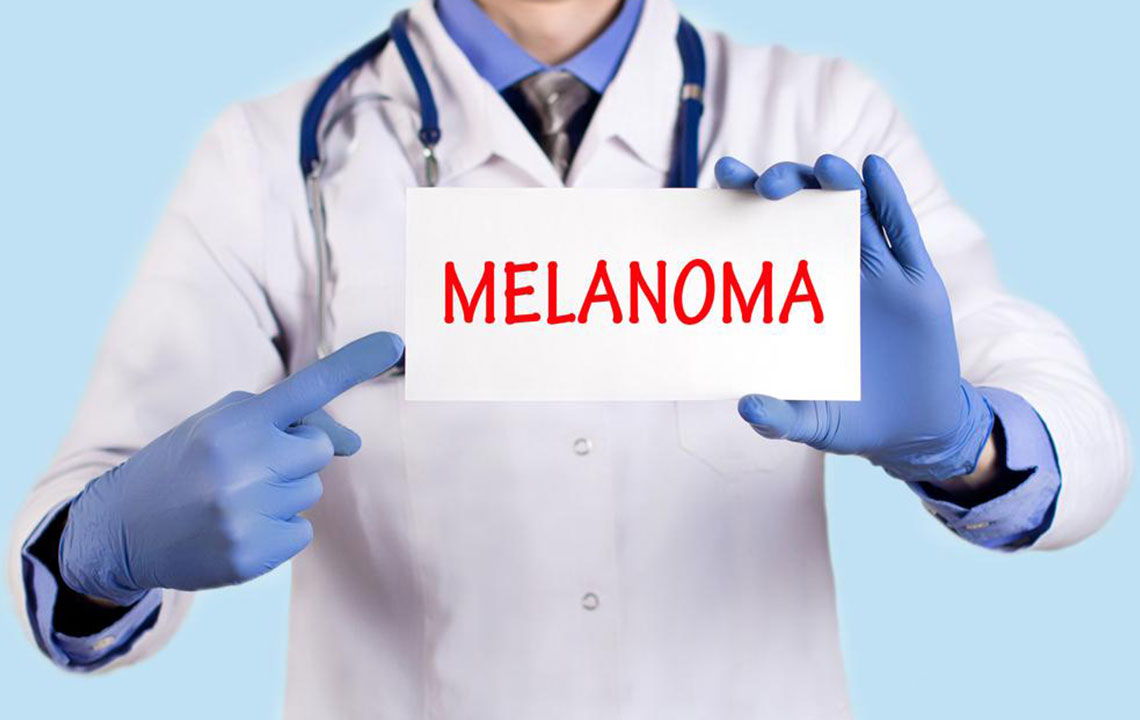Harnessing the Power of a High-Fiber Diet to Support Melanoma Treatment Naturally
A comprehensive guide to how a high-fiber diet can naturally support melanoma treatment by boosting immune responses. Learn practical dietary tips and scientific insights on enhancing immunotherapy effectiveness through gut health. This article explores the critical link between nutrition and cancer therapy, offering valuable advice for patients and caregivers seeking holistic health strategies.

Boosting Melanoma Defense with a High-Fiber Nutrition Plan
Melanoma, recognized as one of the most aggressive and dangerous forms of skin cancer, poses significant health challenges worldwide. While traditional treatments include surgical removal, radiation, and chemotherapy, recent advancements have spotlighted the potential of immunotherapy — a treatment that amplifies the body's natural immune defenses to fight cancer more effectively. Increasingly, scientists and healthcare professionals are exploring how dietary choices, particularly a diet high in dietary fiber, can enhance these immunotherapeutic effects, offering a natural and supportive approach to combating melanoma.
The Role of Immunotherapy in Melanoma Management
Melanoma is notorious for its rapid progression and tendency to metastasize. Conventional treatments have evolved over the years, with immunotherapy emerging as a promising modality. This approach involves stimulating the patient's immune system, particularly T-cells, to recognize and attack melanoma cells. Medications such as checkpoint inhibitors have revolutionized outcomes, enabling the immune system to target residual cancer and prevent recurrence.
Immunotherapy enhances immune surveillance and response, but its success can be influenced by various factors—including diet. Recent research underscores the importance of gut health and microbiome diversity in optimizing immune function, which directly impacts immunotherapy outcomes. Recognizing this connection paves the way for integrating nutritional strategies into melanoma management.
Groundbreaking studies from renowned research institutions, including the Parker Institute for Cancer Immunotherapy, reveal that diet significantly influences the effectiveness of immunotherapy treatments. A balanced, fiber-rich diet supports the development of a healthy gut microbiome—an essential factor for robust immune responses. By consuming foods abundant in probiotics and dietary fiber, patients can promote greater bacterial diversity in the gut, which has been linked to improved treatment responses and better overall immune function.
Why Incorporate a High-Fiber Diet for Melanoma Patients?
Among various nutritional strategies, a high-fiber diet stands out for its ability to modulate immune function positively. Clinical findings indicate that patients consuming diets rich in fiber—such as whole grains, fruits, and vegetables—exhibit up to a fivefold increase in the efficacy of immunotherapy treatments. The gut microbiome acts as a critical mediator, influencing systemic immunity and possibly reducing treatment-related side effects.
Scientifically, dietary fiber fosters a diverse and resilient gut flora. This microbial diversity is crucial for maintaining immune homeostasis, supporting the body's natural defenses against cancer cells. Moreover, a healthy gut microbiome can influence the production of immune-modulating compounds like short-chain fatty acids, which enhance immune cell activity and reduce inflammation. Such effects are especially vital during active cancer treatments.
For individuals battling melanoma and receiving immunotherapy, emphasizing dietary fiber intake should be considered an essential part of their treatment plan. Not only does this approach potentially improve therapy outcomes, but it also contributes to overall health by supporting cardiovascular health, digestion, and metabolic stability.
Practical Tips for a Fiber-Rich Melanoma-Friendly Diet
Implementing a diet rich in fiber involves selecting foods that naturally bolster gut health and immune strength. Here are some dietary suggestions tailored for melanoma patients undergoing immunotherapy:
Integrate low-glycemic fruits like kiwis, avocados, watermelons, peaches, and oranges. These fruits help maintain stable blood sugar levels, which is vital for immune regulation.
Consume dark, fiber-dense vegetables such as artichokes, spinach, carrots, beets, and collard greens. These vegetables are rich in vitamins, minerals, and antioxidants that support overall health.
Include whole grains like whole wheat, oats, bran, and psyllium seeds to increase daily fiber intake and improve digestion.
Add legumes, including beans and lentils, which are excellent sources of dietary fiber and plant-based protein.
Snack on fiber-rich berries like blueberries, raspberries, and blackberries for their antioxidants and nourishing properties.
Incorporate nuts and seeds including almonds, walnuts, sunflower seeds, and pumpkin seeds to enhance fiber content and provide healthy fats beneficial to immune health.
Adopting these dietary habits can create a supportive environment for the immune system, making immunotherapy more effective and potentially improving outcomes for melanoma patients. Additionally, maintaining a balanced, nutrient-dense diet aids in overall health resilience and recovery.
In conclusion, emphasizing a high-fiber diet can play a pivotal role in naturally supporting melanoma treatment. By fostering a healthy gut microbiome and enhancing immune response, such dietary choices offer a complementary and empowering approach for patients undergoing immunotherapy. Combining medical treatment with nutritional strategies promises a more holistic pathway toward melanoma management, ultimately improving patient outcomes and quality of life.





